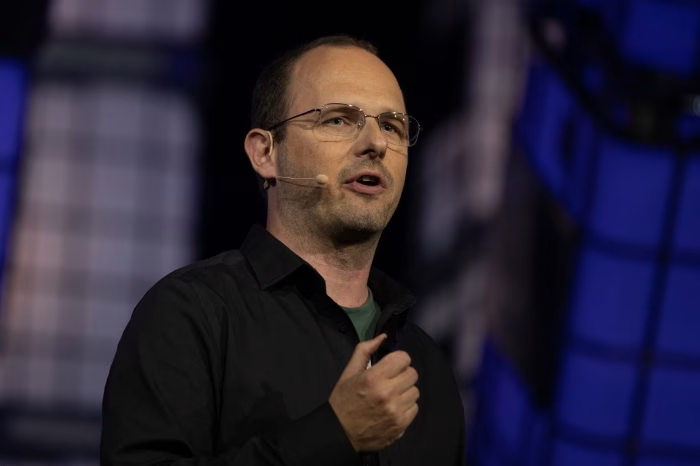In a significant leadership change, GitHub CEO Thomas Dohmke has announced his departure from the company, effective at the end of the year. This move signals a new era for the developer platform, as it will no longer operate as a separate entity and will be fully integrated into Microsoft’s CoreAI division.
Dohmke, who took the helm in 2021, cited a desire to return to his “startup roots” as the reason for his decision. He will remain with the company through the end of 2025 to help guide the transition. In a farewell post, he expressed pride in GitHub’s growth, noting its user base has more than doubled to over 150 million developers under his leadership, thanks in large part to the success of its AI-powered coding assistant, Copilot.
Dohmke’s history with Microsoft runs deep. He first joined the company in 2015 after his startup, HockeyApp, was acquired. After Microsoft bought GitHub for $7.5 billion in 2018, Dohmke moved to the platform as its product chief in mid-2021 before being promoted to CEO just a few months later.
GitHub’s New Role in Microsoft’s AI Strategy
With Dohmke’s departure, Microsoft will not appoint a new CEO for GitHub. Instead, the platform’s leadership will now report directly to Microsoft’s CoreAI team, a new engineering group focused on building AI platforms and tools. This integration solidifies GitHub’s central role in Microsoft’s overarching AI strategy, particularly in the competitive market for AI-driven developer tools.
Since Microsoft’s $7.5 billion acquisition of GitHub in 2018, the platform has maintained a degree of independence. The shift to CoreAI, however, represents a full organizational absorption. It suggests a tighter alignment of GitHub’s operations with Microsoft’s broader business goals.
What This Means for Developers
The news has sparked conversations within the developer community. While some see the move as a natural progression that could lead to faster innovation and deeper integration with Microsoft products like Visual Studio and Azure, others have expressed concern. The potential for the platform to become more focused on commercial, AI-driven features at the expense of its open-source ethos is a key point of debate.
Experts believe this restructuring could accelerate the development of new AI features beyond Copilot, such as in code review and bug tracking. However, it also raises questions about the future of open-source projects and whether the platform’s long-standing developer-first culture will be preserved under direct Microsoft leadership. The community will be closely watching for how this new structure impacts the platform’s direction in the coming months.
